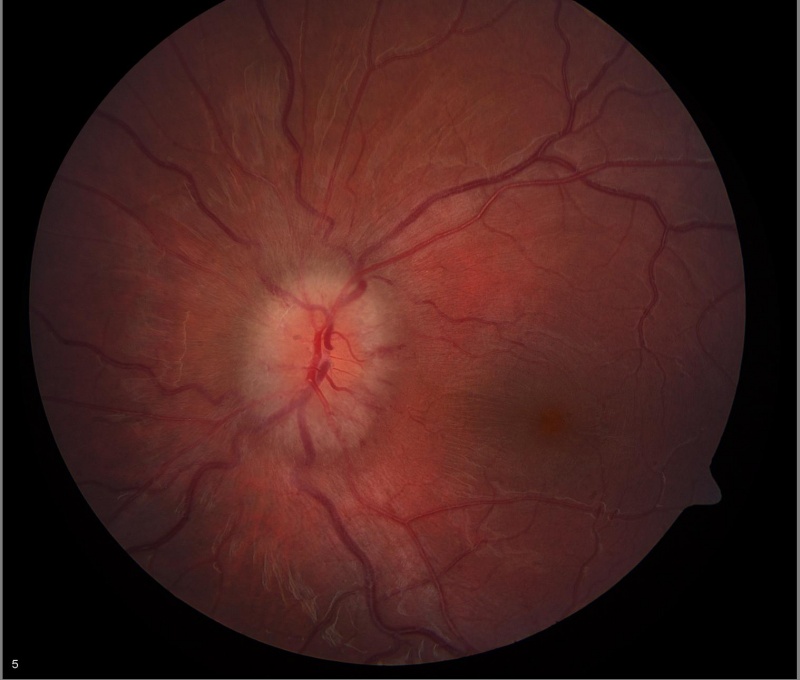Idiopathic intracranial hypertension (IIH), also known as pseudotumor cerebri, is a medical condition that causes increased pressure inside the skull without an identifiable cause. This condition can cause several symptoms, including headaches, vision problems, and tinnitus. In this article, we will focus on the impact of IIH on the eye.
IIH affects the eye in several ways. The most common symptom is papilledema, which refers to swelling of the optic disc, the spot on the retina where the optic nerve enters the eye. Papilledema occurs because the increased pressure in the skull is transmitted to the optic nerve, causing it to swell. This swelling can cause the optic nerve to appear elevated and blurring of the optic disc margin. It can also cause visual field loss, which means that a person’s peripheral vision is affected.
Visual field loss in IIH is typically bilateral and can occur in several patterns, depending on the location of the optic nerve damage. The most common pattern is a nasal step, which refers to a loss of vision in the nasal portion of the visual field. Other patterns can include enlargement of the blind spot or a generalized constriction of the visual field. The degree of visual field loss can vary widely between patients.
In addition to papilledema and visual field loss, IIH can also cause several other eye-related symptoms. These can include transient visual obscurations, which are brief episodes of visual blurring or dimming, and diplopia, which is double vision. Patients with IIH may also experience ocular pain, which can be caused by the increased pressure in the skull pressing on the optic nerve. This pain can be exacerbated by eye movement.
Diagnosing IIH typically involves a thorough eye exam, including measurement of the visual acuity and visual fields, and a dilated fundus exam to assess the optic disc. Patients may also undergo imaging tests, such as a CT scan or MRI, to rule out other potential causes of increased intracranial pressure.
Treatment of IIH often involves a combination of medications and lifestyle changes. Weight loss is often recommended for patients who are overweight or obese, as this can help to reduce the pressure inside the skull. Medications, such as acetazolamide or diuretics, can also be used to lower the intracranial pressure. In some cases, surgical intervention may be necessary to relieve the pressure, such as with the placement of a shunt to drain excess cerebrospinal fluid.
At The Eye Center- Dr. Mahnaz Naveed Shah & Associates our team of eight ophthalmology subspecialists/ eye specialists, eye surgeons who are considered amongst the very best eye specialists in Karachi and in Pakistan, have the diagnostic and treatment capabilities to treat from the simplest to the most complex patients. We work hard to provide our patients with the best possible medical and surgical eye care, in a state of the art purpose built eye care facility. We offer the entire array of medical, laser and surgical treatments to help provide patients the best possible care in the most efficient, safe and ethical manner.
If you need an appointment, please contact us at 03041119544 during our working hours or leave us a WhatsApp message at +923028291799 and someone will connect with you. Walk-in appointments are also available for emergencies. We can also be reached through our web portal on www.surgicaleyecenter.org

